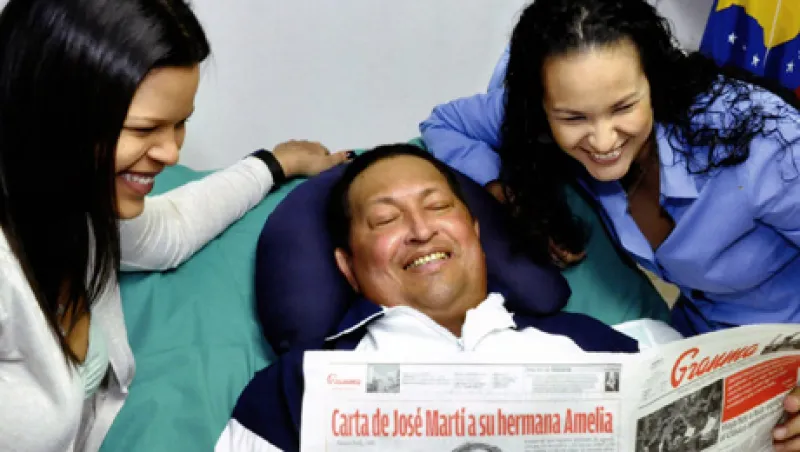
Venezuela’s Devaluation Offers Little Relief to a Struggling Economy
High government deficit and low investment are slowing the economy while uncertainty over Chávez’s health fuels capital flight.
Jason Mitchell
February 19, 2013


